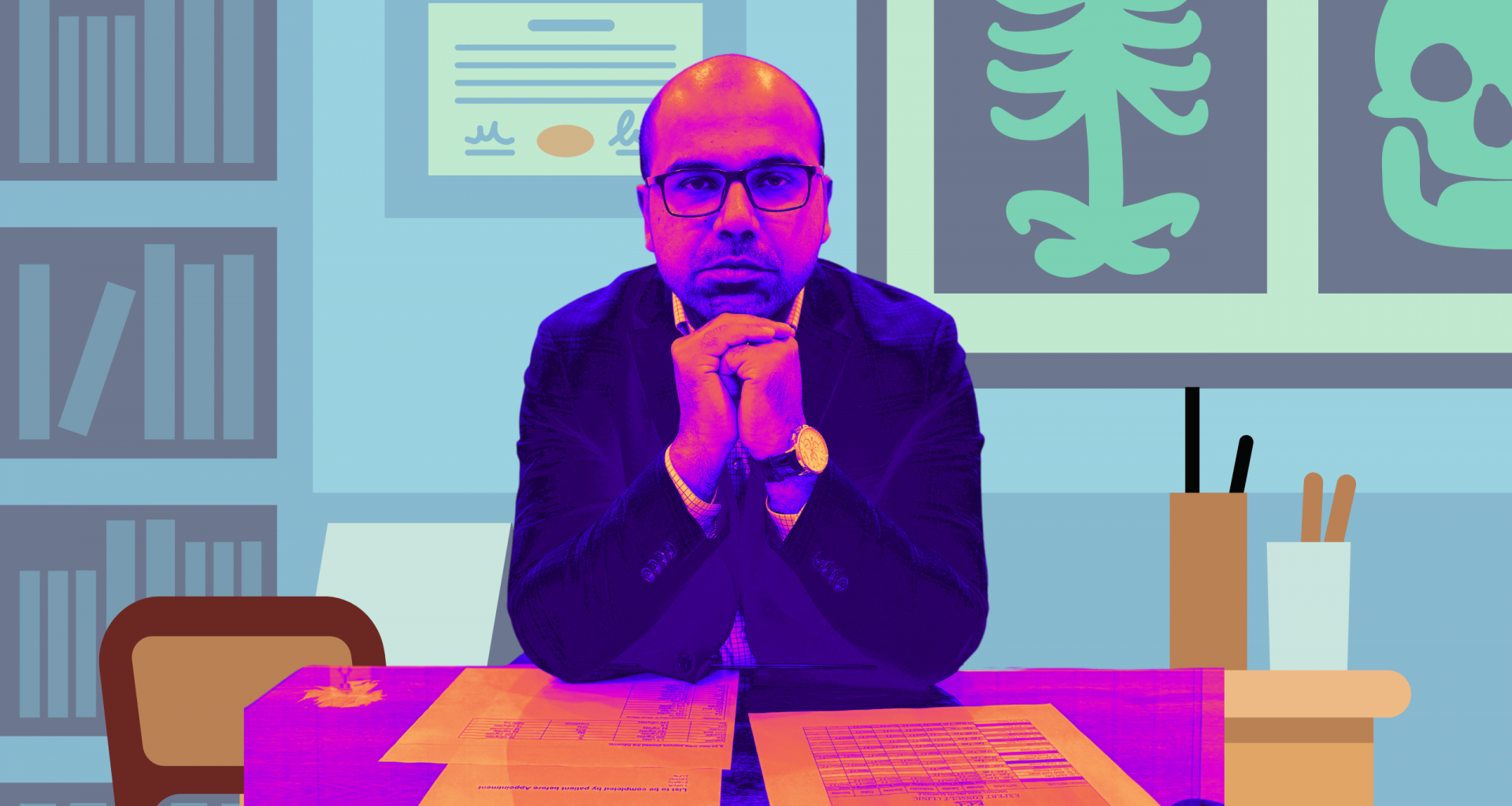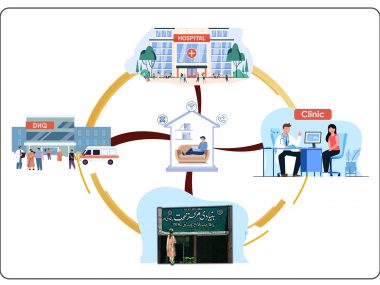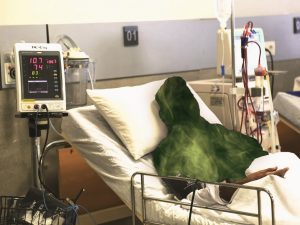While brainstorming for a subject to address on this doctor’s day, I realized that doctors in Pakistan are buried in so many cultural, social, and workplace complexities that it is impossible for them to offer their best to their patients, their people, their country. So, can there be a better topic than to analyze our own deficiencies?
Except for a few doctors who leave us for good and those who have been able to build a brand, the rest are fighting for survival, just struggling to stay afloat. And unfortunately, this group constitutes the bulk of our doctor community. This sad situation of doctors is kind of an emergency in itself, and if we want to improve our healthcare and patient outcomes, we need to take a few steps to improve our doctors’ condition, a few basic skills that would bolster their performance and well-being.
Insight
The difference between how we see the world and how the world sees us can sometimes be quite unsettling. I am sure that by the time doctors had reached this part of the essay, most of them had already written me off as ill-informed, insane, or even worse, a liar. “We are doing pretty good,” they would say. Hardly. It is just a lack of insight that allows them to form this opinion about their condition. In reality, the bulk of doctors, young and old, work more than ten hours a day, day out, day in, seven days a week, year around.

Additionally, their day, rather their whole life, is filled with all the unhealthy habits one can name in the twenty-first century: lack of exercise, unhealthy food, unnatural sleeping habits, constant stress, poor mental health, and zero social health. No wonder burnout spills from every pore of their body, and yet again, lack of insight keeps them ignorant of this energy drainage that wears them out every single day of their life. We need to teach our doctors self-evaluation skills, methods that would allow them to have a reality check. A doctor who cannot gauge his well-being will, sooner or later, harm himself and his patients.
Communication
Our young doctors graduate with decent clinical skills; however, their communication skills stink. They go to the real world with zero ability to listen. They manifest no capacity to express emotions in their speech except anger and rudeness. Most doctor-patient encounters in Pakistan are as quiet as between a customer and an ATM. An ATM, perhaps, offers you more words than a doctor does. Non-verbal communication is even poorer. With their body language, they can evoke only one emotion from their patients—fear, fear of the doctor, fear of disease, and fear of a sick life.

Humans connect through verbal and nonverbal clues. Patients minutely note doctors’ words and body language. If we want to connect with our patients, we need to teach our doctors at least basic communication skills. Given our patients’ profound predicaments, what use are these skills going to be, some may ask? The opposite is true. It is this chaotic situation of our patients that demands better communication skills. For example, take the time doctors spend with the patient. Our doctors notoriously give five minutes or less to their patients. If minutes make this visit short, poor communication makes it shallow. We can improve the quality of such office visits through respectful eye contact, empathic expressions, and a few pregnant pauses, elevating the doctor-patient encounter from a dull exchange to a spiritual experience.
Management and Leadership
Since the founding of Expert Consult Clinic of Lahore in 2021, I have seen many doctors come and go, general physicians and consultants, nutritionist and physical therapist. All have one thing in common: utter lack of managerial and leadership skills. Most doctors in Pakistan leave their educational phase with the notion that a doctor should confine himself to his office. He has no role to play in the world beyond that tiny cabin. Consequently, doctors limit their activities within those walls, remaining dead, dumb, and indifferent to the social, political, and cultural forces within healthcare and the larger world.

We need doctors with managerial and leadership skills, and many doctors who have both. I understand there is a huge difference between the two, but it is nowhere written that a manager cannot be a leader or vice versa. We urgently need both. Why both? Because managers only manage things, things they have seen before, things they have learned to manage, and we need doctors with good management skills. But we desperately need leaders, doctors who will push the established boundaries, widen healthcare horizons, introduce innovations, break through the clouds of assumptions, and take healthcare to new heights. We need doctors who would promote telemedicine, who would develop and adopt electronic medical records, who would persuade the health ministry to make new drugs and better policies, for patients and for doctors. Doctors who would change the landscape of healthcare in Pakistan.
Take Home
With these tiny additions to our doctors’ skills, their lives can change from a tedious, burnt-out existence to a meaningful and purposeful story. Furthermore, these personal improvements would help boost their clinical profile, their standing among other healthcare personnel, and, most importantly, the bond between them and their patients. A doctor will no longer be just a doctor; such a doctor will be a role model.











